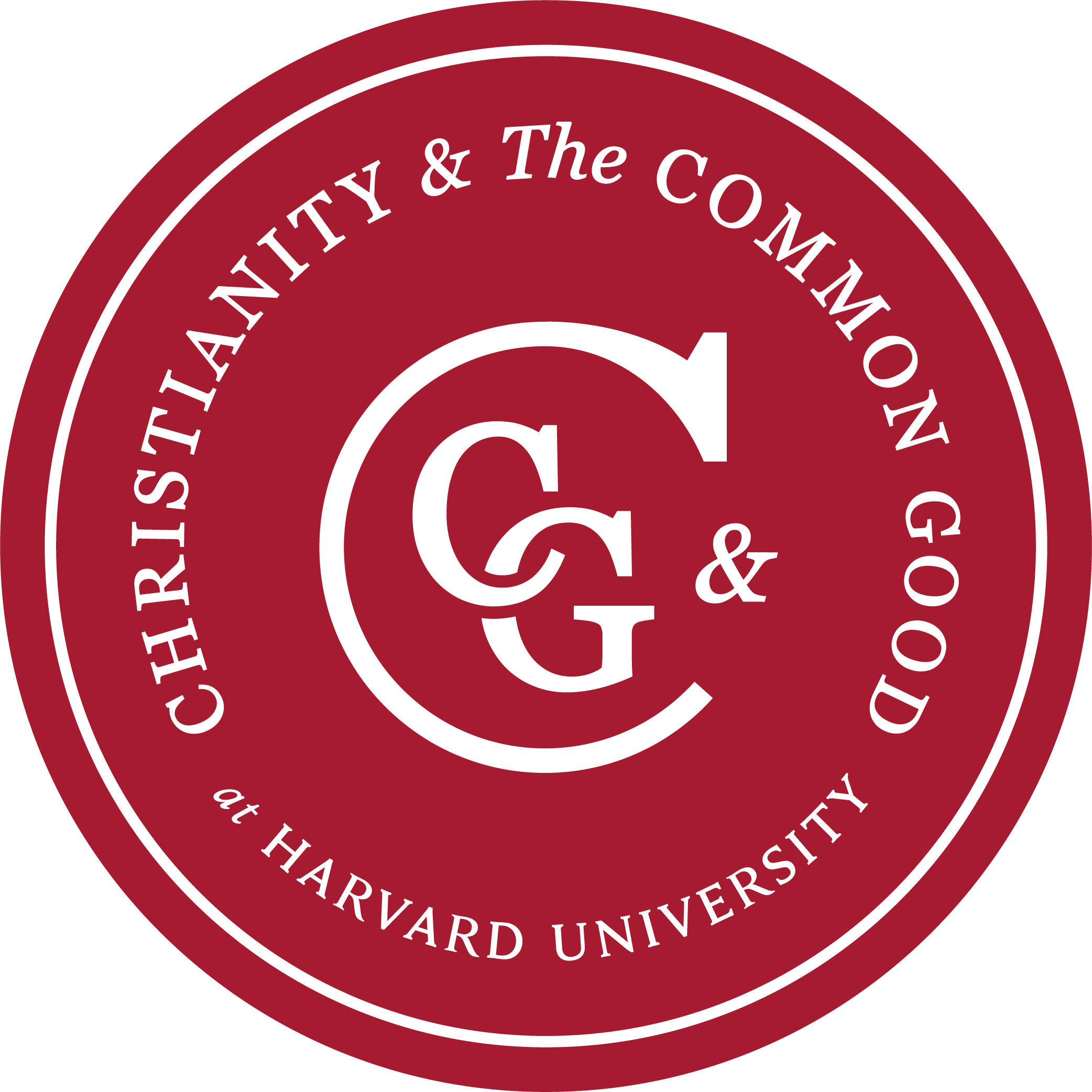About
Christianity & The Common Good (CCG) is a joint initiative of the Human Flourishing Program and the Program on Biblical Law & Christian Legal Studies at Harvard University.
The initiative is a distinctive research and scholarly project for the study of biblical Christianity in contemporary society. CCG establishes intellectual space at Harvard University for sustained academic and scholarly engagement with Biblical and traditional Christian theological literature in an effort to illuminate what constitutes a just society and related conditions for the good life.
Exploring historical, theoretical, and theological debates within and across Christian traditions, CCG encourages broad integration and study of biblical texts, theological analyses, and empirical studies of pathways to human flourishing.
CCG’s research, teaching, and scholarly engagement activities aim to produce fresh analysis and critical debate on the role and impact of Christianity on the governance, social, and technological problems of our time.
CCG offers courses and mentorship to students. It also provides guidance across Harvard to students, faculty, and research scholars who are interested in Christianity’s understandings of justice and of human flourishing.
CCG faculty, visiting researchers, and affiliates offer courses, seminars, and reading groups for training in theological, sociological, historical, and legal literature about the Bible, Christianity, and modern society. CCG also provides guidance for students and scholars in the social sciences and humanities seeking to gain basic familiarity with Christianity’s core claims.
CCG’s affiliated faculty mentor students and supervise research on subjects relating to Christianity and: (i) law, (ii) government, (iii) religion in the public square, (iv) environmental stewardship, (v) artificial intelligence, and (vi) justice systems. Inquiries related to supervision for research proposals on other topics are also welcome.
CCG encourages broad integration and study of biblical texts, theological analyses, and empirical studies of pathways to human flourishing.
”
Our People
Faculty Leadership
Faculty Affiliates
The Salon
Historically, a salon was a gathering, often in a beautiful home with a skilled host, for conversation and the consideration of art and ideas. Like a tavern or café, it was where cultural, literary, philosophical, and political movements began and continued. It is an intimate place for discussion and the shaping of public values. With expressions in 16th century Italy, 17th century France and 19th century Britain, salons were gatherings around the exchange of ideas. They held, in common, respectful (though often heated and vigorous) conversation, careful consideration, an openness to something new and impactful in the public sphere.
About
CCG’s Visiting Researchers and Scholars Program welcomes distinguished academics, practitioners, and professionals from around the world to engage in research and scholarly exchange within our vibrant intellectual community. Designed to foster collaboration, innovation, and global engagement, the Program provides a dynamic environment for visitors to pursue independent or collaborative research projects aligned with CCG’s mission.
•
Facilitate academic collaboration and cross-disciplinary research
•
Enrich the intellectual life of our community through guest lectures, workshops, and seminars
•
Support knowledge exchange between global scholars and Harvard University’s faculty
We invite applications from:
•
Established scholars and early-career researchers with a record of academic excellence
•
Practitioners with significant professional experience relevant to our focus areas
•
Doctoral candidates (with advanced standing) whose work aligns with our thematic
priorities
•
Opportunities to present and discuss work-in-progress with Harvard faculty, researchers, and students
•
Access to campus resources, including libraries, research facilities, and office space
•
Engagement with ongoing research initiatives and academic programs
Appointments typically range from three months to one academic year, with flexible start dates depending on availability and mutual agreement.
Interested individuals should submit:
•
A current CV
•
A statement of purpose outlining the proposed research project
•
Two academic or professional references
•
Preferred dates of residence
Applications are reviewed on a rolling basis.
Courses
Prof. Tyler VanderWeele
The course provides an overview of the current state of research on the relationship between religion, well-being, and public health. Over the past three decades, the research literature documenting these relationships has grown dramatically. Evidence has accumulated that religious participation has beneficial effects on all-cause mortality, mental health, cardiovascular disease survival, cancer survival, health behaviors, meaning and purpose, happiness and life satisfaction, social relationships, volunteering, and civic engagement. The course provides a basic introduction to well-being research and reviews the research studies that have been conducted in this area, with a focus on some of the measurement and methodological challenges faced in this research. The course explores future research directions in religion and well-being, as well as questions of relevance to the public health implications of the research. Specific topics include religious participation and longevity, religion and mental health, religion and spirituality in end of life care, religion and purpose, religion and character development, religion and social relationships, forgiveness, and partnerships between religious organizations and public health institutions, including the various tensions encountered in such partnerships. Attention is given throughout to questions of measurement, study design, and methodology, and the challenges in conducting rigorous research in this area.
Prof. Karin Öberg
Does God exist? If yes, what or who is God? Where does the Universe come from? Are we alone in the Universe? What is a good life? Are there universal human rights? Can wars be just? What makes a good leader? This seminar uses texts and art from the Catholic intellectual tradition to explore how Catholic thought can be applied to contemporary challenges, as well as areas where there may be tension between such thought and contemporary ideas. While the seminar addresses the thought from one particular religion, it does not assume any prior knowledge of Catholicism, much less religious belief. Rather, this seminar is for the curious, who are interested in engaging with the Catholic intellectual tradition, and exploring how its ideas interact with contemporary life. These ideas are presented through a combination of original texts, more recent essays, art, music, architecture, and movies. Due to the wide range of texts and subjects covered, this course relies on several guest lecturers that have expert knowledge in particular aspects of Catholic thought.
Dr. Brendan Case
This course considers perspectives on human nature and the nature of human flourishing from the Christian theological tradition and from the social sciences. It also explores some important pathways to flourishing, including character and virtue in general and aspects of the virtues of love and religion in particular. The course brings theological (and in some cases philosophical) readings, most often classics, into conversation with recent publications from the social and behavioral sciences. It explores how these distinct disciplines might enrich, qualify, or challenge one another, and considers how their interaction leads to a deepened understanding of our shared pursuit of the good life. Finally, the course considers what practical implications our findings might have both for religious communities, public policy, and the individual pursuit of flourishing.
Prof. Ruth Okediji
For more than two thousand years there has been controversy and debate about the teachings of Jesus Christ of Nazareth and the Christian faith through which those teachings live on. In the centuries since Jesus’ birth, death, and resurrection, the claims of Christianity (and opposition to them) have indelibly shaped Western civilization and continue to influence societies worldwide. A central and persistent dispute is whether there is a legitimate role for religion as a normative resource to inform political life and as a basis for a shared legal order in our plural, postmodern world. This course examines this debate considering how Christianity’s central claims – about the nature of humanity, the sanctity of life, justice, duty to one’s neighbors, relationship with God and government – continue to animate contemporary questions about rights, freedoms, equality, and the conditions for human flourishing. Those claims, though not always well lived out or fittingly articulated, are the background music to constitutional debates that define national and global politics, including ideas about church/state relations, care for the vulnerable, and the quality of justice systems. The course considers implications of different instructional genres of biblical text (Old and New Testaments) and competing scholarly accounts that outline moral and ethical insights in three areas vital to a healthy society: 1) equality and human dignity; 2) loving one’s enemies; 3) religion in the public square.
Prof. Ruth Okediji
This course examines the rules and standards of professional responsibility and legal ethics with a focus on how the study and practice of law shape the professional identity formation of law students and lawyers. As the Preamble to the ABA Model Rules of Professional Conduct states, “Virtually all difficult ethical problems arise from conflict between a lawyer’s responsibilities to clients, to the legal system and to the lawyer’s own interest in remaining an ethical person while earning a satisfactory living.” The course explores how lawyers can develop practical judgment and good decision-making skills to navigate these conflicts. Using a problem-based approach, the course enhances students' ability to identify ethical issues and apply the professional responsibility standards to the variety of ethical situations lawyers face in daily law practice across different practice settings. Given that lawyers’ often divergent duties may impact their personal integrity, the course considers how faith and moral virtues derived through one’s personal faith inform our understanding of how best to approach ethical challenges. It also addresses how issues of professional responsibility affect lawyers’ well-being and how developing a personal philosophy of lawyering helps lawyers and the legal profession. Note: This course is primarily available to JD 3Ls and LLM students. Seats open to 2Ls if space provides.
Prof. Ruth Okediji
This seminar explores the role of faith and Biblical Christianity in shaping contemporary legal approaches to a variety of subjects, including the regulation of technology (mainly Artificial Intelligence), criminal justice, feminist studies, race relations and human rights. Students are expected to read materials from cross-disciplinary and theological perspectives.
Scholarship
Balboni, M. J., and Balboni, T. A. (2018). Hostility to Hospitality: Spirituality and Professional Socialization within Medicine. Oxford University Press.
Brooks, A. C. (2019). Love Your Enemies: How Decent People Can Save America from the Culture of Contempt. Broadside Books. New York, NY.
Ho, M. Y., Worthington, E., Cowden, R., Bechara, A. O., Chen, Z. J., Gunatirin, E. Y., Joynt, S., Khalanskyi, V.V., Korzhov, H., Kurniati, N.M.T., Rodriguez, N., Salnykova, A., Shtanko, L., Tymchenko, S., Voytenko, V.L., Zulkaida, A., Mathur, M. and VanderWeele, T.J. (2024). International REACH Forgiveness Intervention: A Multi-site Randomised Controlled Trial. BMJ Public Health, 2:e000072.
Long, K.N.G., Nakamura, J.S., Long, P.M., Gregg, R.J., Abraham, F., Counted, V., Johnson, B.R., and VanderWeele, T.J. (2025). Flourishing Communities: The Role of Faith Communities in the Promotion of Flourishing and the Common Good. Journal of Psychology and Christianity, 44:84-107.
Okediji, R.L. (2023). Christianity and the Law of Biotechnology. In: John Witte, Jr. & Rafael Domingo (eds.), The Oxford Handbook of Christianity and Law, Oxford University Press.
Okediji, R. L. (2022). Is the Public Domain Just?: Biblical Stewardship and Legal Protection For Traditional Knowledge Assets. The Columbia Journal of Law & The Arts, 45(4):461-523.
VanderWeele, T.J. (2024). A Theology of Health: Wholeness and Human Flourishing. University of Notre Dame Press. Notre Dame, IN.
VanderWeele, T.J. (2018). Is Forgiveness a Public Health Issue? American Journal of Public Health, 108:189-190.
VanderWeele, T.J. (2024). Justice and Public Health. In: Halliday, T. and Yeo, K.K. Justice and Rights: Dialogues with Nicholas Wolterstorff. Encounters: Theology in Dialogue with the University Series. Langham Publishing, 153-164.
VanderWeele, T.J. and Lee, M.T. (2025). Love and Human Flourishing. International Journal of Wellbeing, in press.
VanderWeele, T. J., Padgett, R., Case, B., Cowden, R., Hanson, J., Hinton, C., Kurniati, N.M.T., Lomas, T., Long, K., Niemiec, R., Bechara, A.O., Rutledge, J.C., Teubner, J., Town, S., Wilkinson, R. and Lee, M.T. (2025). Love of Neighbor Assessment: Validity, Reliability, and a Template for Measurement. Frontiers in Psychology, in press.
-14.png)

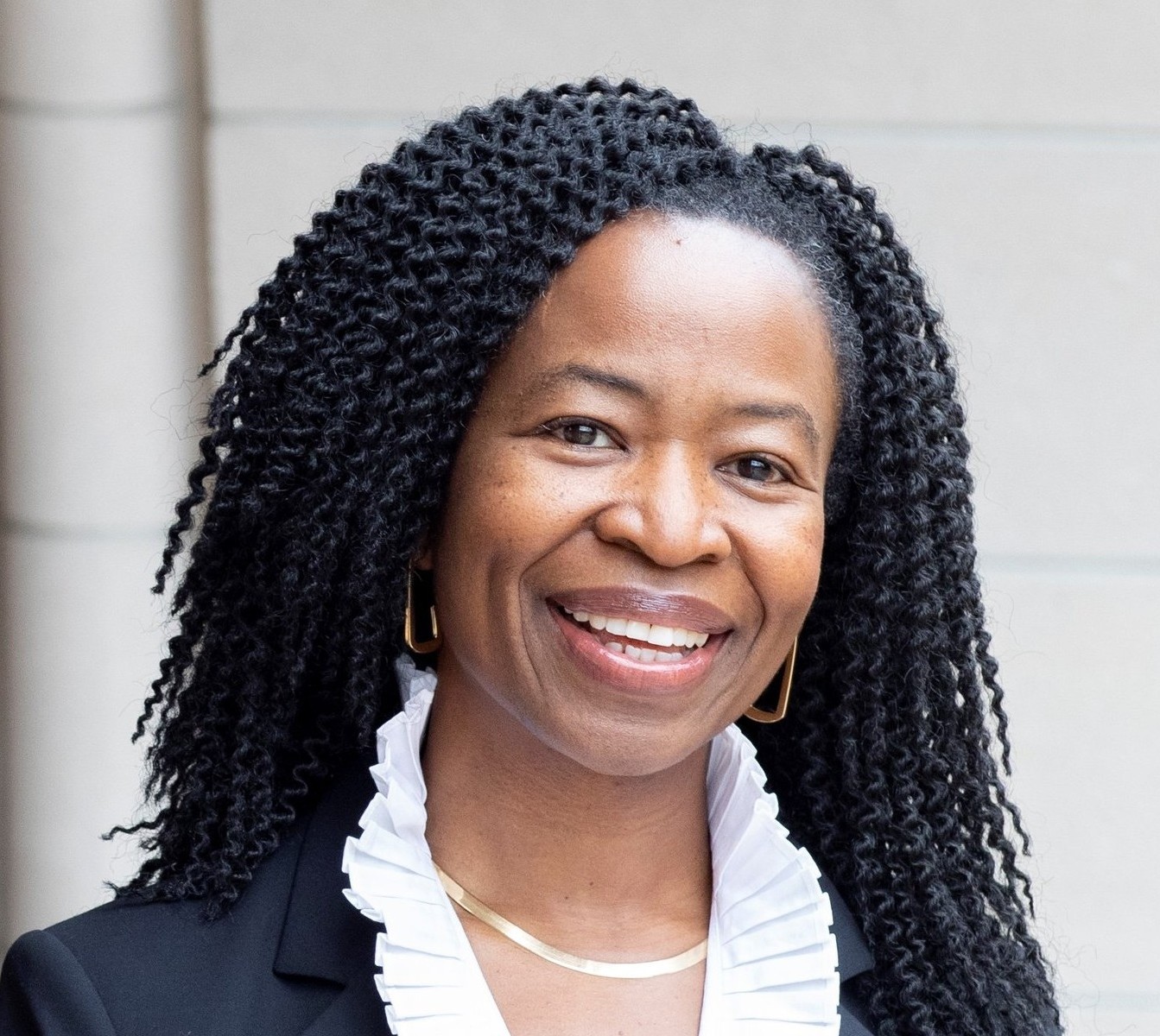
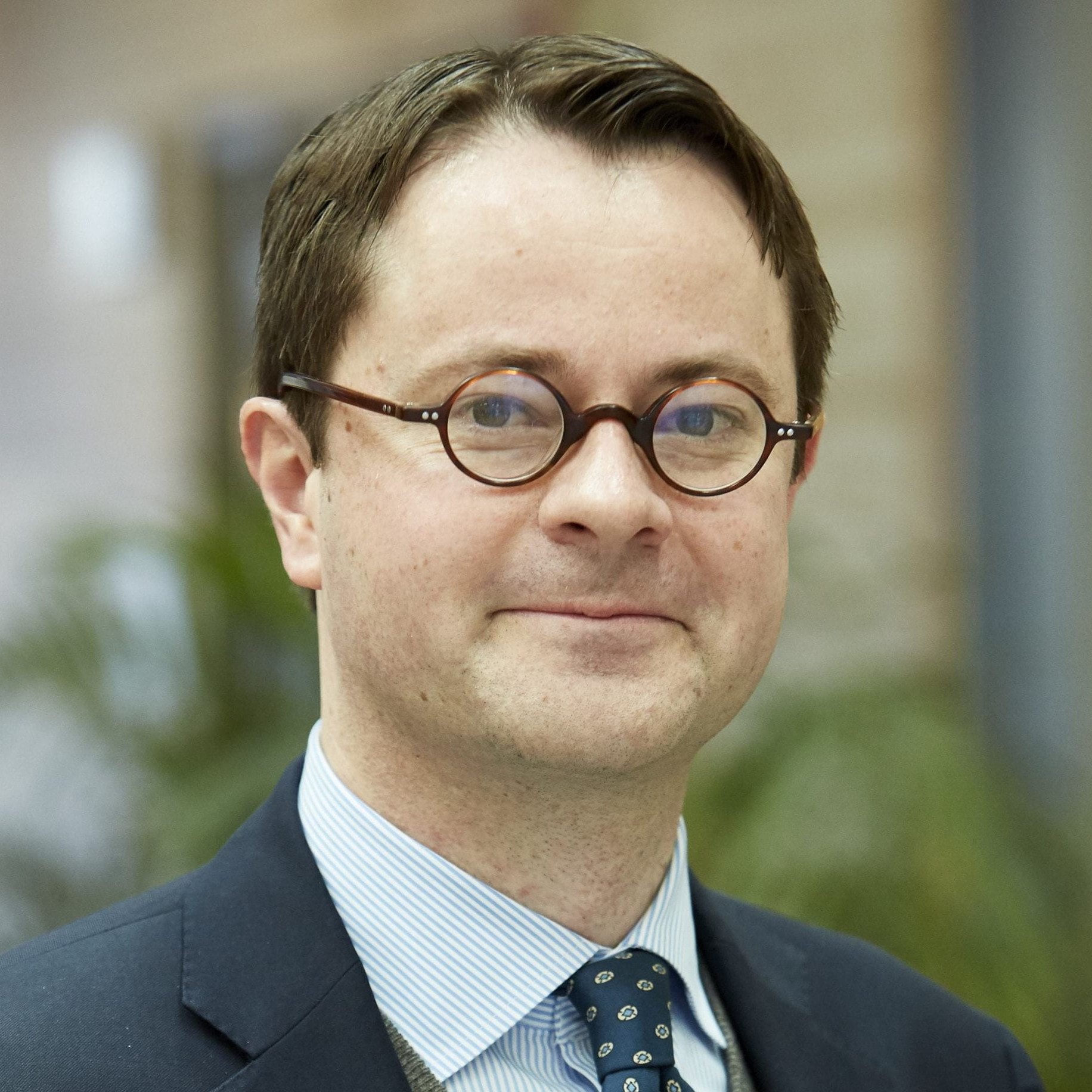
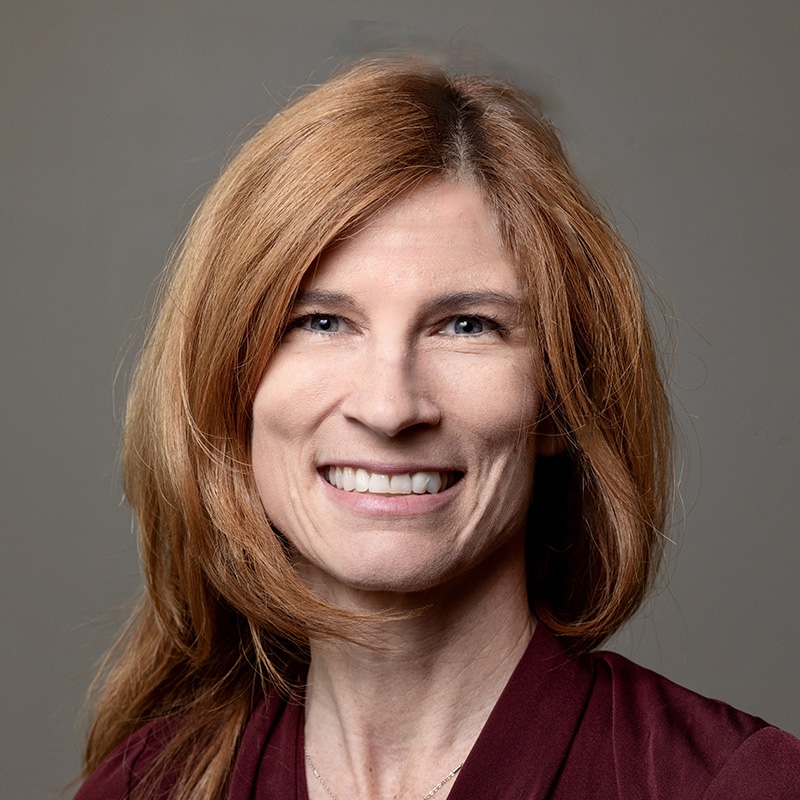
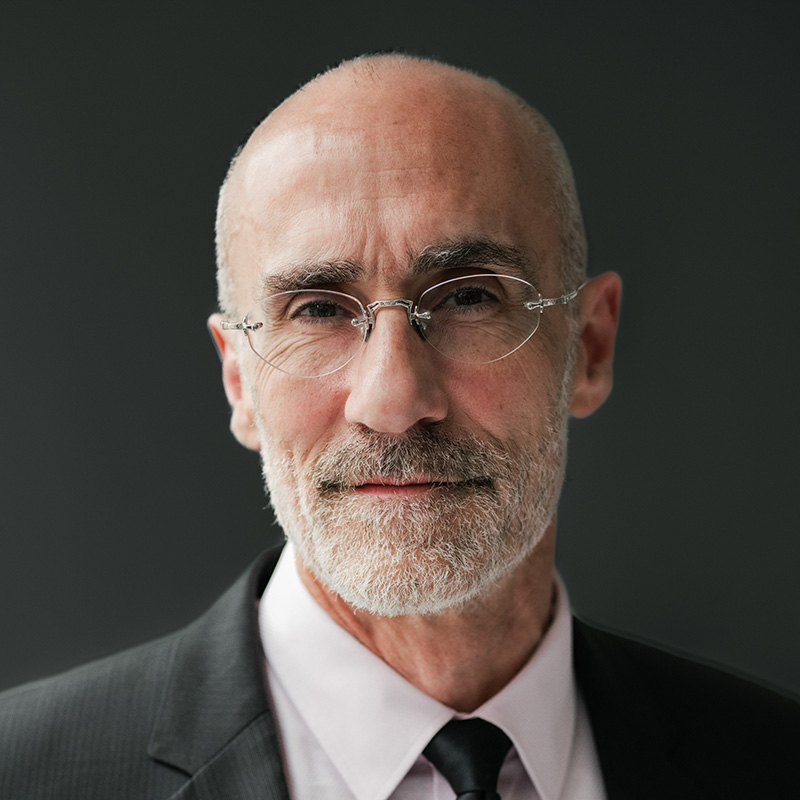
.jpg)
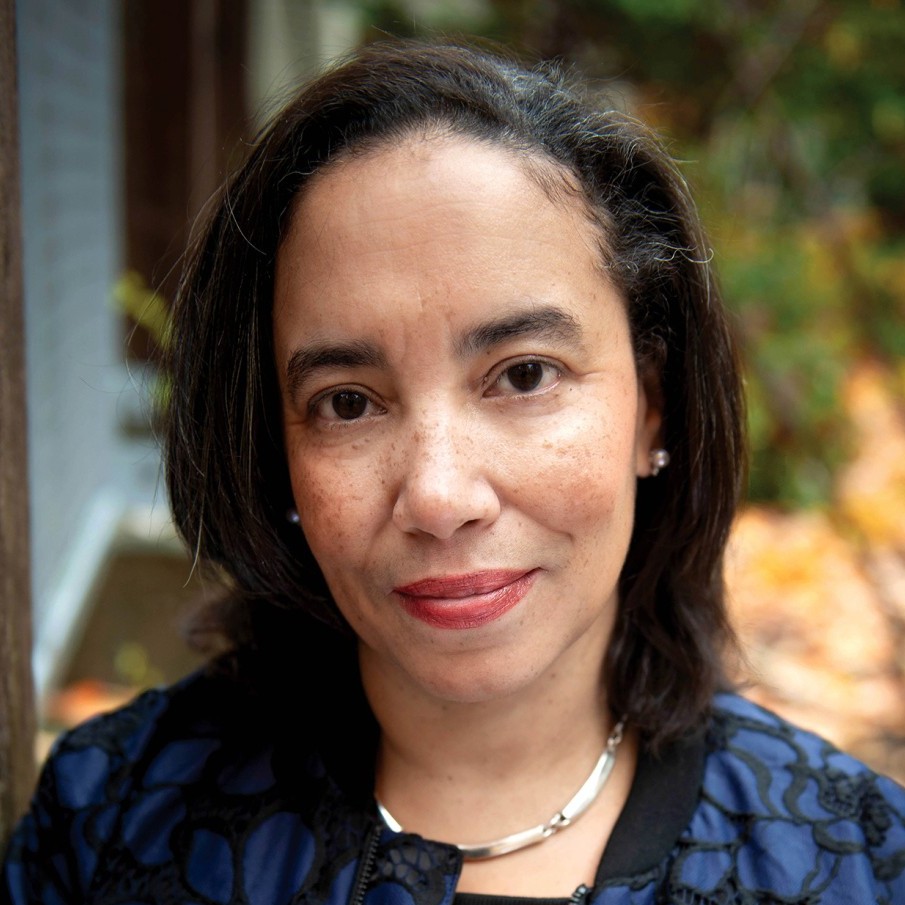
.jpg)

.jpg)
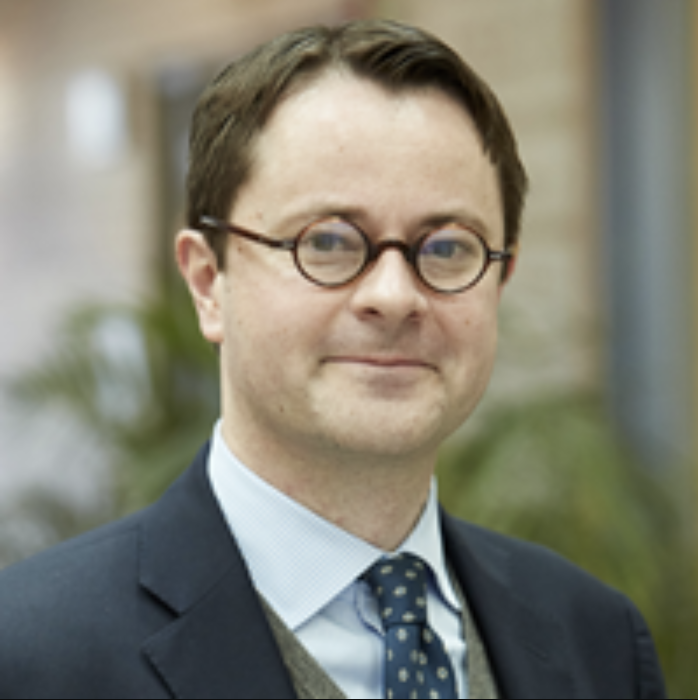
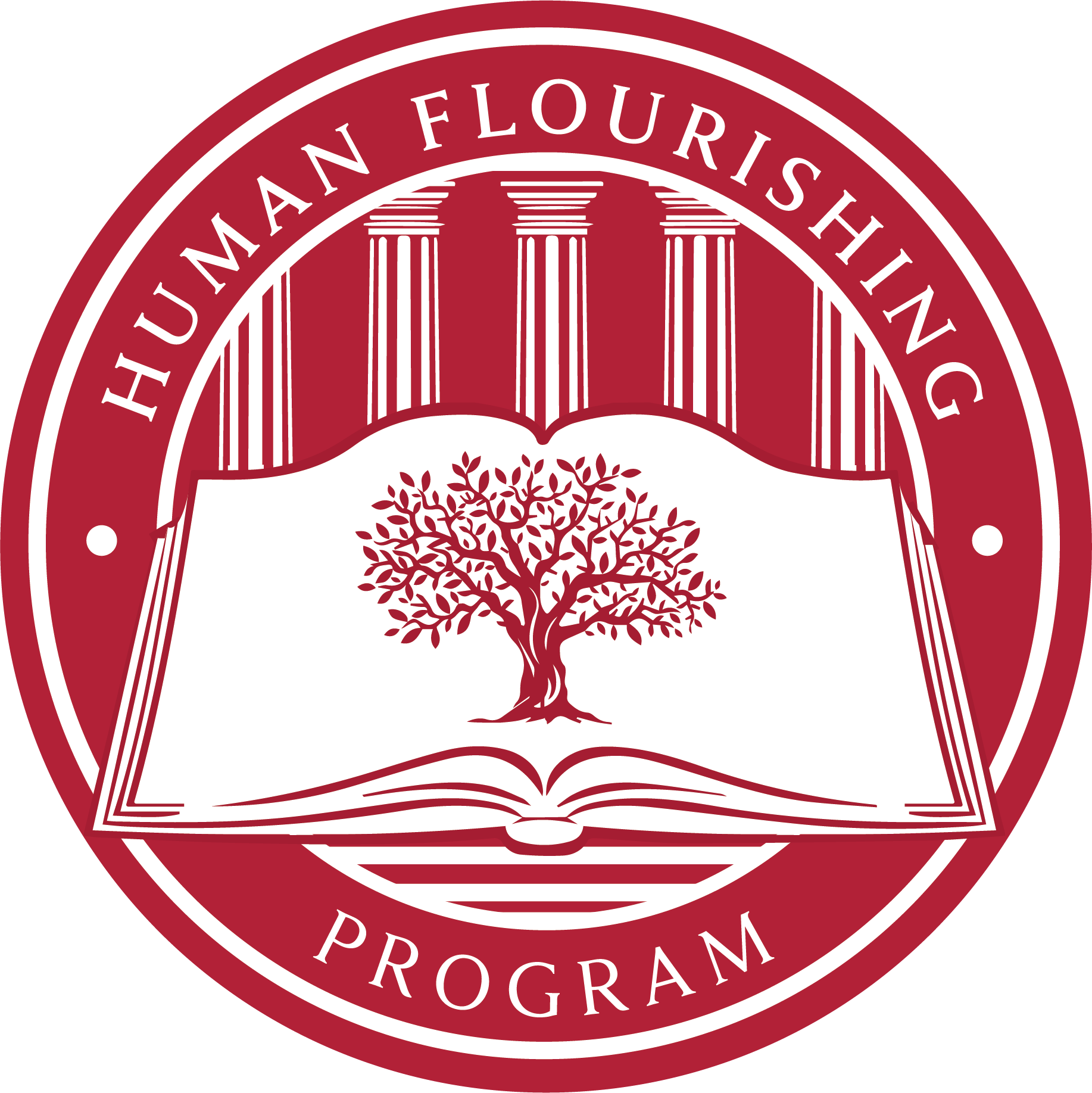

.png)
